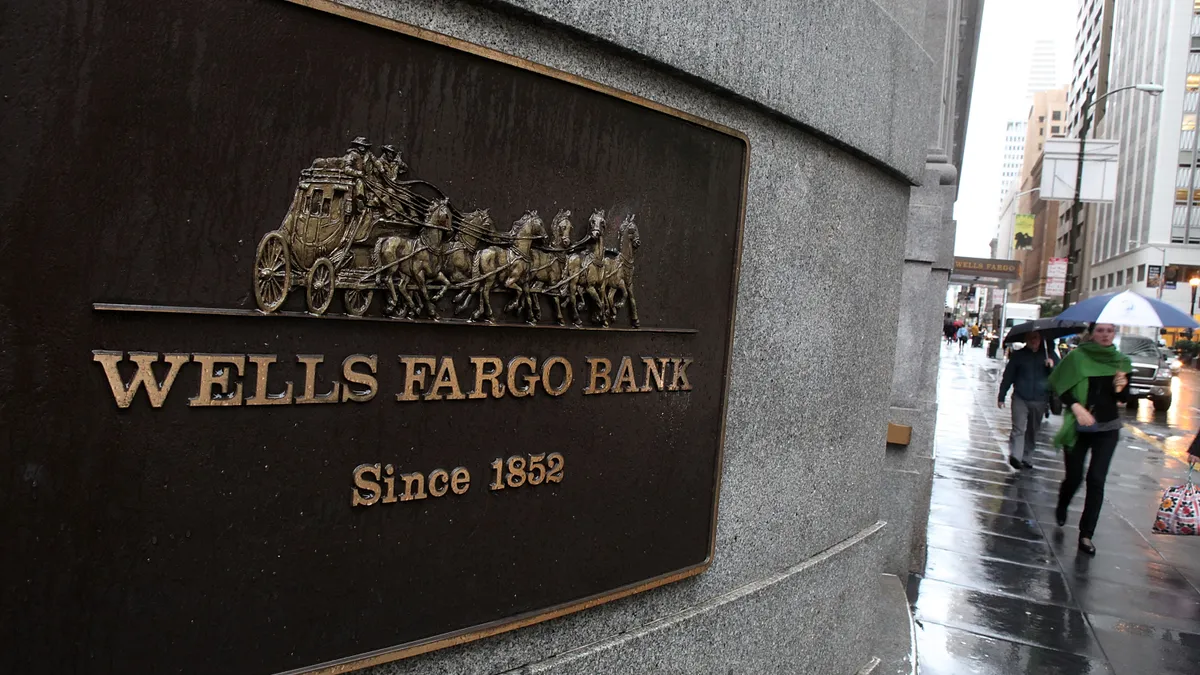Wells Fargo is facing “inquiries or investigations” from “government authorities” on issues related to its anti-money laundering and sanctions programs, the bank disclosed Thursday in a quarterly filing with the Securities and Exchange Commission.
The filing did not disclose which agencies are involved, or offer further details, but the disclosure is new: It did not appear in the “Legal Actions” section of Wells Fargo’s first-quarter SEC filing.
A Wells Fargo spokesperson declined to comment beyond the filing.
Inquiries and investigations don’t always equate to potential penalties or enforcement actions, but they can serve as flags for concerns.
Late July and early August can be an informative time for astute observers of the banking sector. That’s when banks typically post second-quarter SEC filings, which can offer clues (but often few details) on what major financial institutions are expecting in the coming weeks and months.
HSBC, for example, disclosed this week in its quarterly SEC filing that the bank’s U.S. arm is no longer facing a redlining investigation from the Department of Housing and Urban Development.
Subtle language changes from quarter to quarter can also help investors track the status of long-running issues, such as the SEC’s WhatsApp penalties stemming from off-channel communications and insufficient record-keeping.
Various banks used last year’s second-quarter SEC filings to give investors their best estimates as to how much they would pay to the Deposit Insurance Fund as a result of the failures of Signature, First Republic and Silicon Valley Bank.
Among banks facing AML probes, TD is likely the hardest-hit in recent months. The Toronto-based lender is under investigation after U.S. Justice Department agents discovered a money laundering operation, associated with illicit fentanyl, that used the bank as a middleman.
TD disclosed in April that it was setting aside $450 million to cover penalties it expects from one of three U.S. regulators – apart from the DOJ – that are investigating the bank’s AML compliance.














